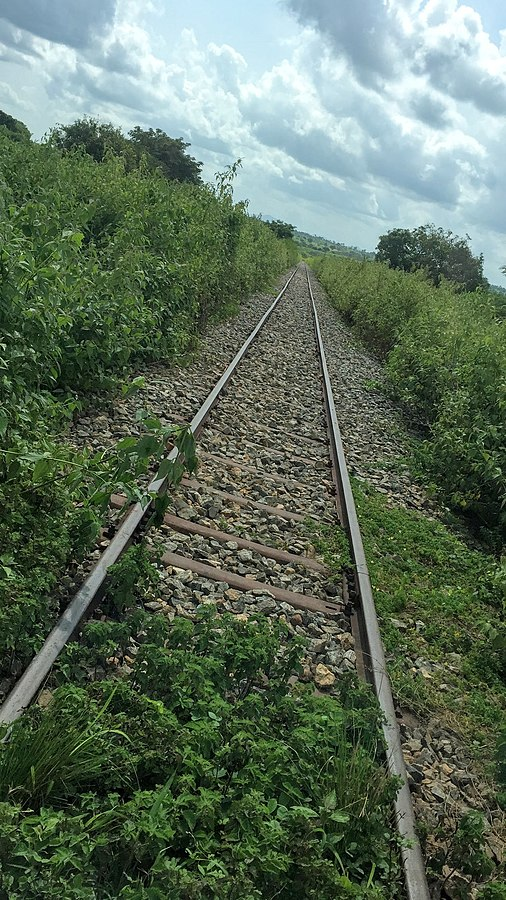United States and Chinese Influence in Angola: Railroad Battle
- Isabelle Schneider
- Apr 1, 2024
- 2 min read
Courtesy of Paulo Cassoma
Beginning in the Cold War, the United States and China have been in a battle for worldly
influence to spread their political and moral values.
Angola, which has had prior relations with China, has rejected its bid to rehabilitate its previous railroad and accepted the U.S.’s proposal instead. Angola has been China’s second-largest trading partner and has turned to China for infrastructure and loans since the end of the Cold War. Back in 2012, China had built a train station located in central Angola. China also installed high-tech computers that were supposed to show departure times and prices. However, the Angolan Departure Board which controls the departure times of the Angolan railroads has accused China of not relaying the passwords to the computer system. As a result, the board protested by playing the 2012 departure times and prices and has not modified them since.
Since the Angolan people were unaware of the actual departure times and prices, the railroad has since been abandoned. Now that Angola has lost faith in China, the U.S. can spread its influence in South Africa.
In 2022, China sent a bid to Angola to try and rehabilitate the railroad. During this time, the U.S. also decided to send a bid to Angola to create a railroad to carry important green-energy materials like copper, magnesium, and cobalt from the Congo to Angola’s Atlantic coast. Ultimately, Angola accepted the U.S.’s offer.
This reveals current US-Chinese tensions and a shift in US-Angola relations. The U.S. and Angola did not have good relations previous to 1993, because during the Cold War, the U.S. used Angola to spread their political influence. The U.S. got involved in the Angolan Civil War during the Cold War in attempts to aid two Angolan troops. Specifically, the UNITA and U.S. wanted more military reinforcement in South Africa, however, when South Africa went to advance in the Angolan War, Fidel Castro set Cuba up to stop them. The U.S. did not end up with their favored outcome in Angola, and South Africa had to withdraw their forces, due to the U.S.'s choice. Relations thawed when they established diplomatic relations in 1993 and kept cordial relations ever since. However, since Angola accepted the U.S.’s offer, their relationship is stronger than ever.
The relationship has improved commercial ties with Angola as a whole, including this railroad. Beginning in winter 2022, the U.S. has engaged in commitments with Angola. The U.S. Secretary of Defense visited Angola to discuss military modernization and regional security. The U.S. Import Export Bank also approved $900 million to finance Sun Africa’s Solar Energy project.
Since the end of the Cold War, Angola has been the largest beneficiary of infrastructure loans to China. Including the Angolan Civil War during the Cold War, and Angola’s recent issues with corruption and state capture, China has spent an immense amount of money on Angola’s infrastructure, thus wielding significant influence. Angola is also China’s largest African customer, with $21 billion owed to Beijing. China provides Angola with aid including loans for health, education, public administration, and justice. While Angola rejected China’s bid to rebuild what they had created, China still maintains its influence in the area.
Though the U.S. has won this railroad competition of 2022, Chinese influence continues to flourish in Angola.







Let us show you what premium service really means Escorts Near me smooth, private, and deeply satisfying.
Clients often highlight confidentiality as their reason for trusting Noida Escorts. Every arrangement is organized privately, ensuring peace of mind. Escorts then enhance the evening with charm and sophistication. When combined, these qualities give companionship an enjoyable, carefree feeling that encourages loyalty and repeated returns frequently.